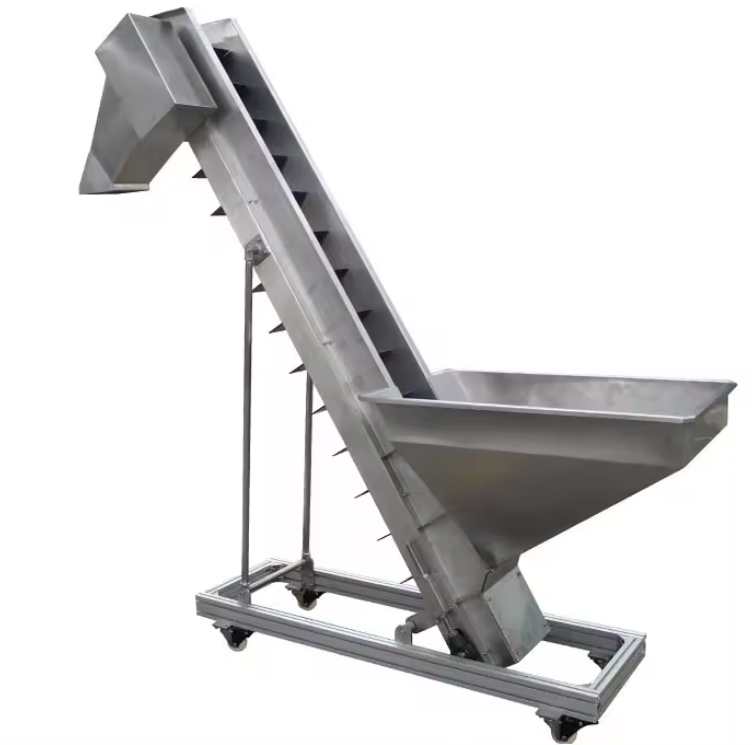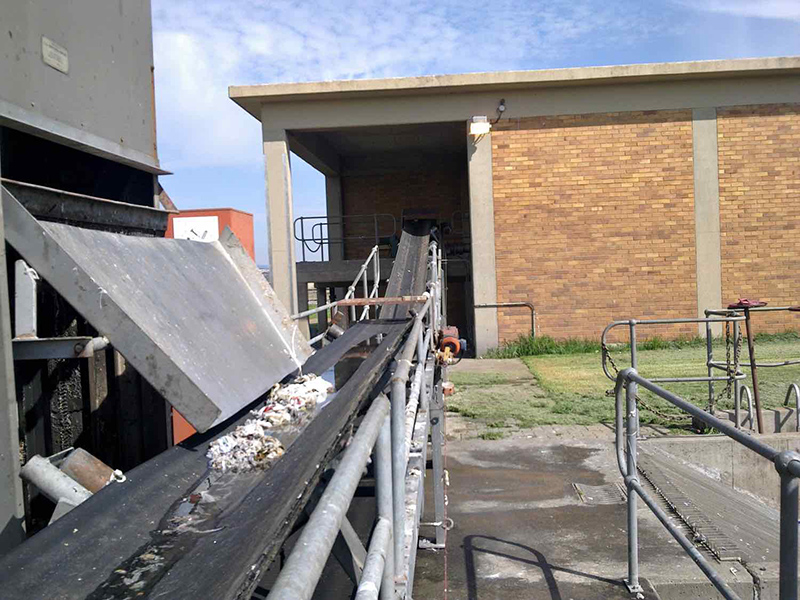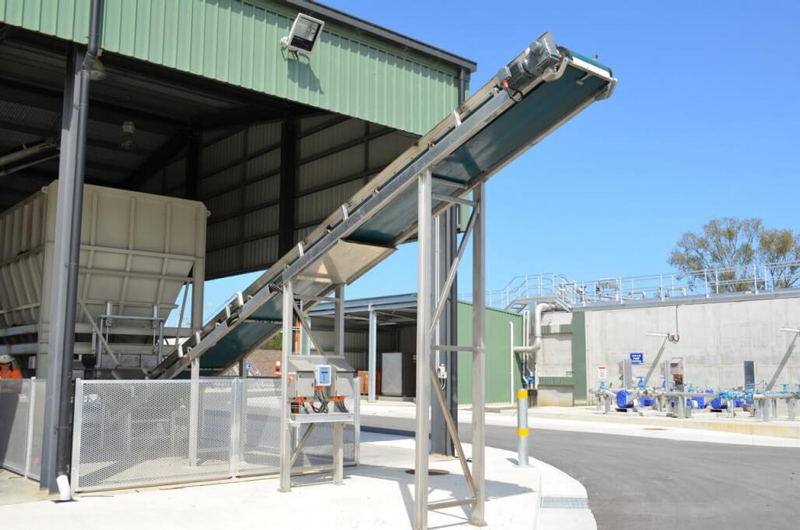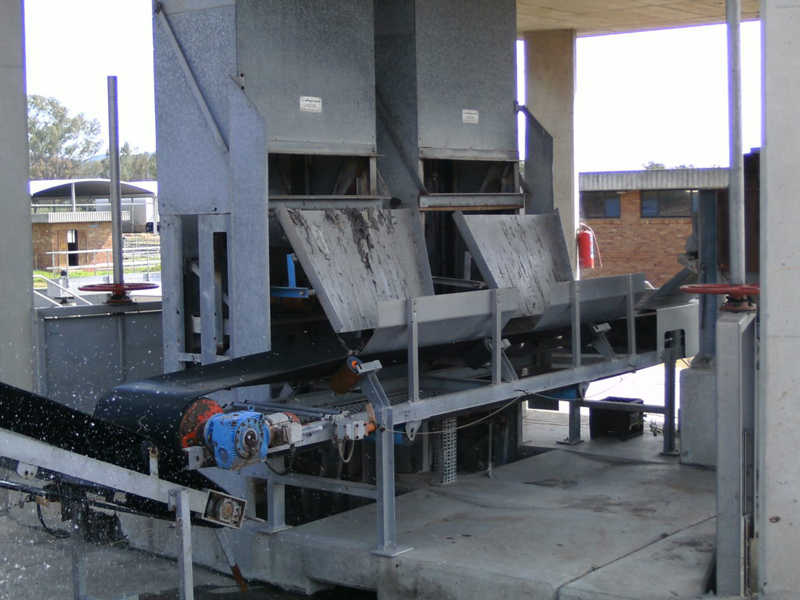Sludge, a residual product of the wastewater treatment process, poses challenges related to handling, transportation, and disposal. Belt conveyors for sludge are engineered to handle the unique characteristics of sludge, including its viscosity, moisture content, and corrosive properties. These conveyors feature robust construction, specialized belting, and components designed to withstand the demanding conditions of sludge transport.

In wastewater treatment plants, belt conveyors are widely used for sludge handling due to their efficiency and versatility. Here are some specific applications of belt conveyors for sludge in wastewater plants:
1. Sludge dehydration: Use a belt conveyor to transport the dehydrated sludge from the dewatering equipment to further treatment or disposal devices. This may include transporting sludge to drying beds, sludge storage silos or sludge drying systems.

2. Sludge digestion: A belt conveyor is used to transfer the digested sludge from the digester to subsequent steps such as dehydration or drying. This helps separate the digested sludge from the liquid fraction and prepare it for further processing or disposal.
3. Sludge concentration: The belt conveyor plays a role in the sludge concentration process, transporting the concentrated sludge in the concentration tank or clarifier to the subsequent treatment device.
4. Sludge storage and transportation: Belt conveyors are used to transfer sludge from storage facilities (such as sludge storage tanks or silos) to transport vehicles for off-site disposal or land application.
5. Sludge screening and sand removal: During the preliminary treatment process, belt conveyors can be used to transport screened sludge or sand from screening or sand removal equipment to disposal or further treatment devices.

Efficient Transport: Belt conveyors provide a continuous and automated method for transporting sludge from various treatment processes to dewatering units, storage facilities, or disposal sites. This reduces manual handling, improves operational efficiency, and minimizes the risk of spills.
Space Optimization: Belt conveyors can be customized to navigate around existing infrastructure, optimizing space utilization within wastewater treatment plants and enhancing overall layout efficiency.
Environmental Compliance: By facilitating proper sludge management practices, belt conveyors help wastewater treatment plants adhere to environmental regulations, mitigate environmental impact, and promote sustainable waste management.

Overall, belt conveyors are a vital component in wastewater treatment plants for efficiently transporting sludge between different treatment and disposal stages, contributing to effective sludge management and overall plant performance.
Address:China,Yanjin county forest park gate to the west 1000 meters north road.